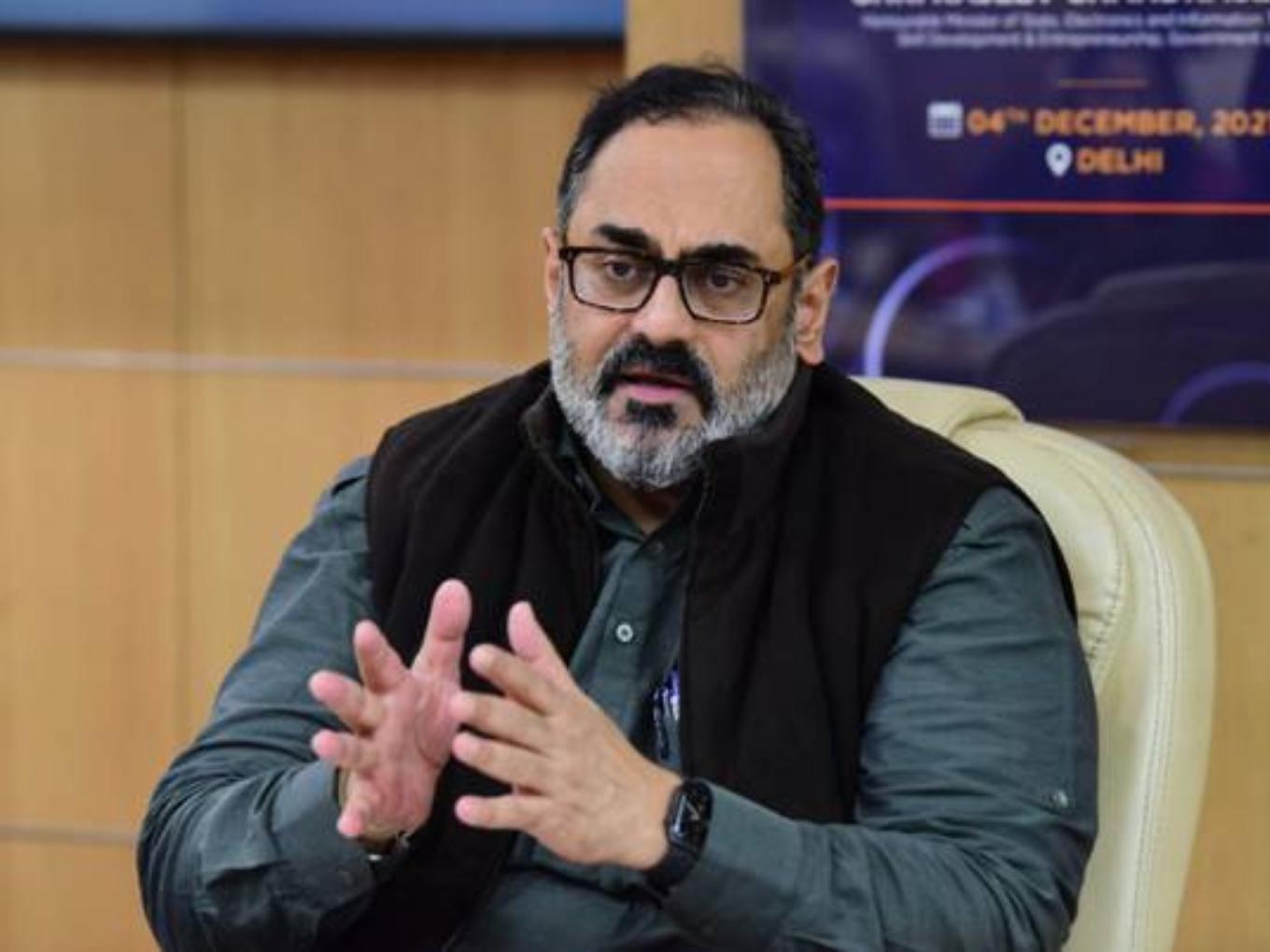
Union Minister of State for Entrepreneurship, Skill Development, Electronics & Technology Rajeev Chandrasekhar spoke before Semicon India 2021
“The Prime Minister and I genuinely want the next wave of startup founders to come from these tier-2 and tier-3 cities,” said Chandrasekhar
“I suspect we’ll have more than 1,000 unicorns in the next two to three years,” Chandrasekhar claimed, throwing down the gauntlet for India’s startup ecosystem
Ahead of the Semicon India 2022, the Union Minister of State for Entrepreneurship, Skill Development, Electronics & Technology Rajeev Chandrasekhar has said that India is set to see its unicorn count increase 10 times, to reach more than 1,000 in the next 2 to 3 years.
As of today, India’s unicorn club currently has seen the entry of 99 startups.
He also said that the government wants the next wave of startup founders to come from India’s tier 2 and 3 cities.
It is prudent to note that India’s startup ecosystem is predominantly centred in a handful of India’s largest cities, and Tier 2 and 3 cities get only trickles of capital.
Talking with Moneycontrol, the MoS said, “The Prime Minister and I genuinely want the next wave of start-up founders to come from these tier-2 and tier-3 cities.”
Chandrasekhar talked about the scope of India’s semiconductor industry and the startup ecosystem’s role in the same and the trillion-dollar economy, among other topics.
This has come after the discussion of expanding India’s startup ecosystem to the tier 2 and 3 cities has been going on for quite some time, and multiple forums have taken the question of proliferation up.
When asked what the government is doing to democratise the landscape and make sure that the younger people from the tier 2 and 3 cities are also included, Chandrasekhar said that it is an absolute priority for the government and himself.
“It’s a priority task that the prime minister has given our ministry, which is to make sure that these digital opportunities are equally available to a young lad in Ghaziabad, Jharkhand, Srinagar, Kohima, Palakkad or Udupi as much as the youngsters in Bengaluru or Hyderabad.”
“We don’t want the concentration of these digital opportunities in 4-5 cities. It’s a 100 per cent policy objective,” he added.
Calling startups a signal of many things, Chandrasekhar said that apart from expanding the economy, startups have changed the way India’s economic model has been built in the last 60 years, a model that only allowed a select few companies access to capital and hence, opportunities.
Chandrasekhar also added that the government believes that startups are a sign of the wider socioeconomic transformation that is happening in the country.
“Now you have this huge energy unleashed, thousands of entrepreneurs who have access to capital, who are confident and are able to take their ideas and make them either successful or fail and try again. This is a social transformation of our economy that’s underway.”
Chandrasekhar also said that India has unbottled a genie, referring to the rapid growth of India’s startup ecosystem.
“The energy of young Indians has been unbottled and attached to that is the success of the unicorns and startups. This is giving more energy and confidence to the next wave of start-up entrepreneurs coming in. We are only seeing the tip of the iceberg,” he said.
What The Government Is Doing?
Noting the things that the government has done thus far in that regard, the MoS highlighted how the entire startup ecosystem is shifting to Tier 2 and 3 cities from the metropolises of the country.
First, Chandrasekhar said that STPI and multiple startup hubs have established an extensive network that is focused on Tier 2 and 3 cities.
He said that his ministry is working on a plan to incentivise, prod, and encourage technology majors to create virtual developments in these smaller cities. He also noted that in these places, with a mix of work from home and hybrid models, the companies don’t have the need to set up a big presence in these places.
Secondly, Chandrasekhar talked about how BharatNet, and the eventual 5G rollout, will help improve connectivity in these smaller cities, and that the ministries will make a report card a year later for the veracity of that claim.
The minister of state also added, “I’m confident that these youngsters would absolutely itch to get into this (technology game).”
Incidentally, the government has also reached out to investors regarding investing more in startups from these regions of the country.
“We have reached out to the big investment firms like Sequoia and said we will take you on the back of our start-up network which is now focusing on tier-II, tier-III cities. We will facilitate and enable that,” Rajeev Chandrasekhar said.
The Geographic State Of India’s Startup Ecosystem
Nearly 50% of the recognised startups in India are now from Tier 2 and 3 cities, the Ministry of Commerce and Industry informed Rajya Sabha earlier this month. Currently, DPIIT recognised more than 65,000 startups in India.
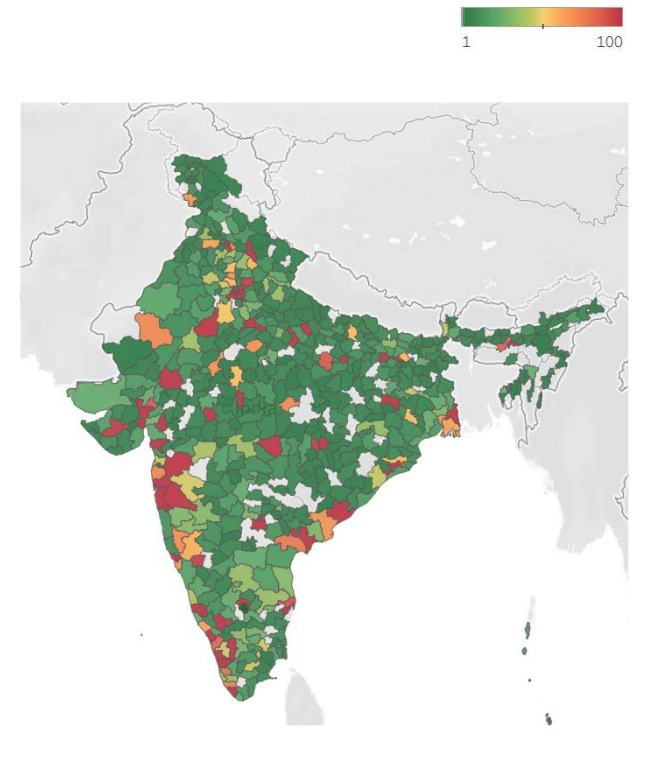
A big testament to the fact that the startup revolution in India has reached all corners of the country, moving beyond Bengaluru, Mumbai and the National Capital Region (Delhi NCR). Understandably, the market outside metro cities has started catching up with tech adoption and spending.
In 2021, the total funding amount in the early stage investment to these cities reached $144 Mn, according to Inc42 analysis. Further, $1.16 Bn of total funding in the growth and late stages went to these cities.
Therefore, out of the total $41.707 Bn funding in 2021 across all stages, startups in Tier 2/3 accounted for only about 3%.
Bengaluru has widely been considered India’s startup capital, and for all the right reasons, even though Delhi NCR beat it in terms of the number of startups.
According to the survey, the number of new recognised startups has increased to more than 14,000 in 2021-22, from 733 in 2016-17. Delhi has replaced Bengaluru as the startup capital of India as over 5,000 recognised startups were added in Delhi while 4,514 startups were added in Bengaluru between April 2019 to December 2021.
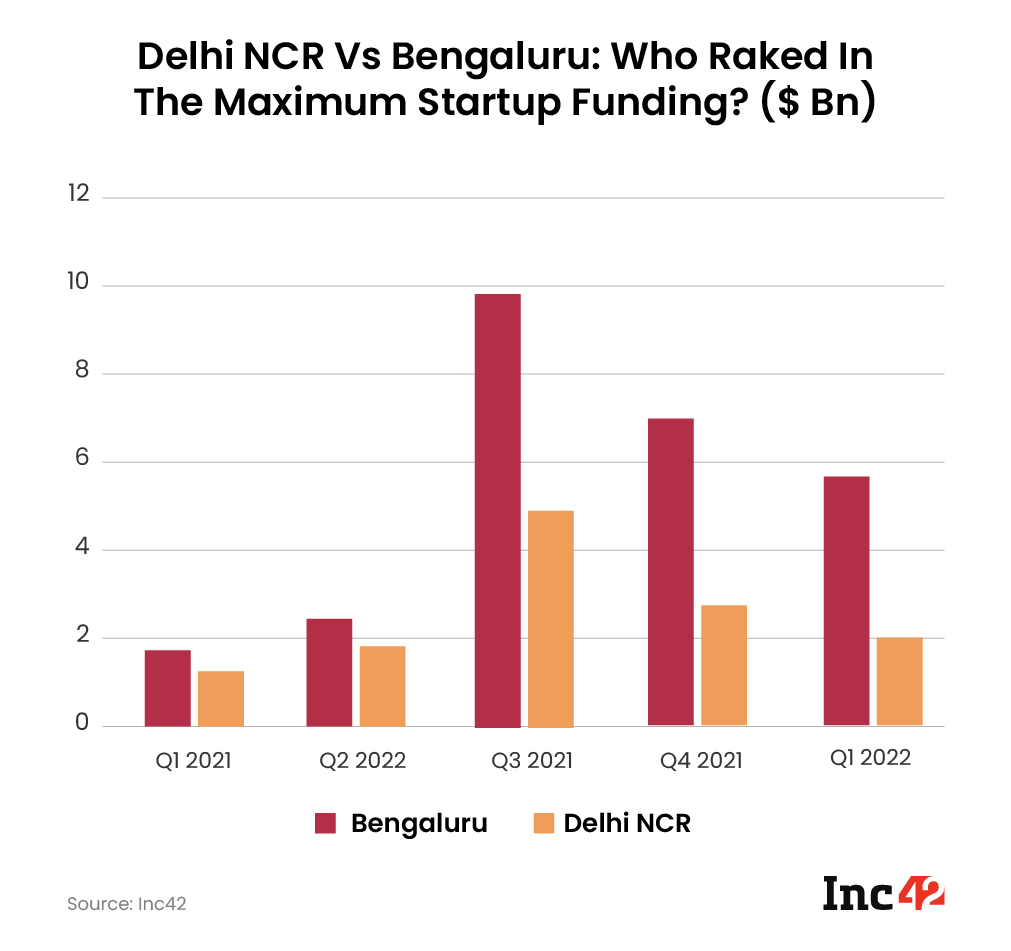
However, since the start of 2021, Bengaluru has seen more than $26 Bn in funding, which is almost half of the total funding that flowed into the country.
Delhi NCR, on the other hand, was not far behind either. During the last five quarters, the National Capital Region has seen startup funding to the tune of $12 Bn, more than a fifth of all startup funding in the country during the period.
Bengaluru hosts 38 unicorns, while Delhi NCR boasts 31 unicorns, which means that exactly two-thirds of India’s unicorns are in two cities alone.

On the other hand, Hyderabad, Pune, and Chennai have started to emerge really fast as India’s hottest startup hubs, with funding increasing 458% in these three cities over a year.
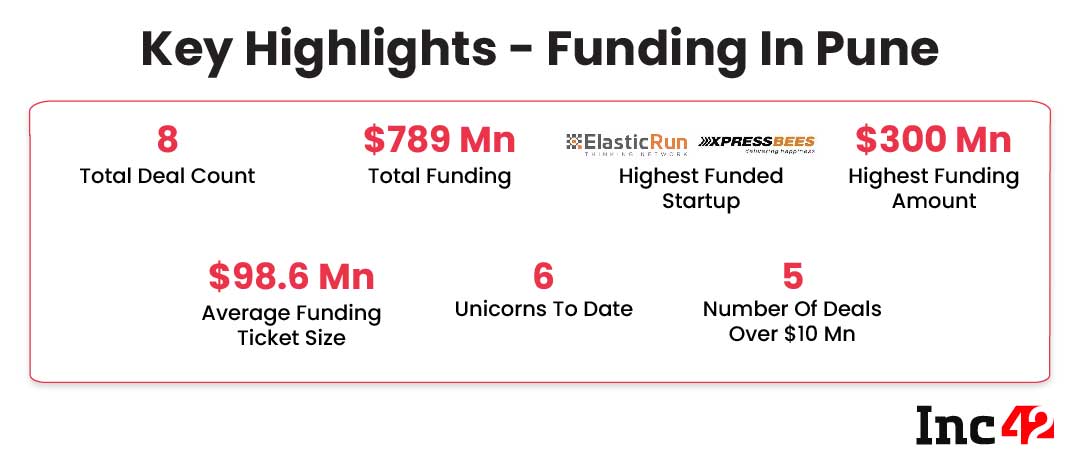
Hyderabad and Pune surprised the ecosystem with a 329% and 653% year-on-year (YoY) increase in deal count and funding amount, respectively.
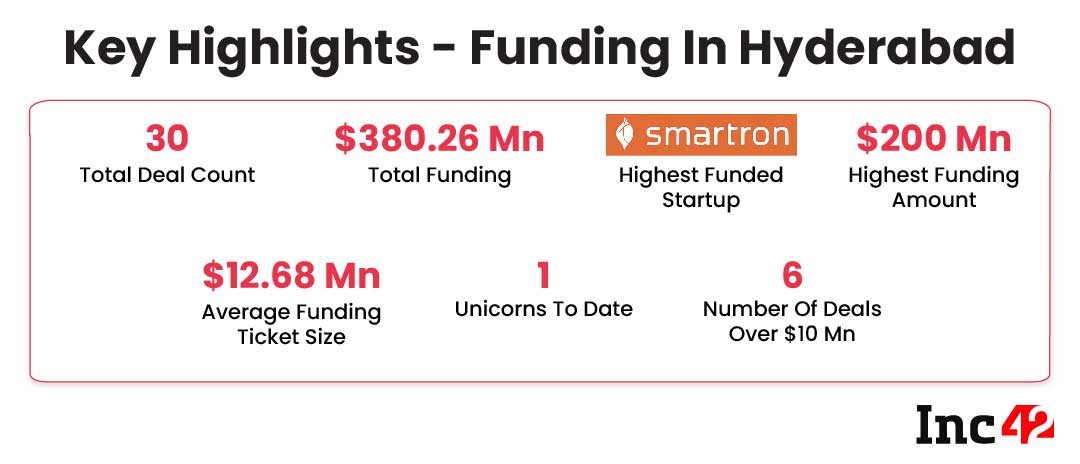
For Chennai, startups from the city have raised $1.1 Bn across 26 deals, a year-on-year increase of 473% and 271% in funding amount and deal count, respectively.
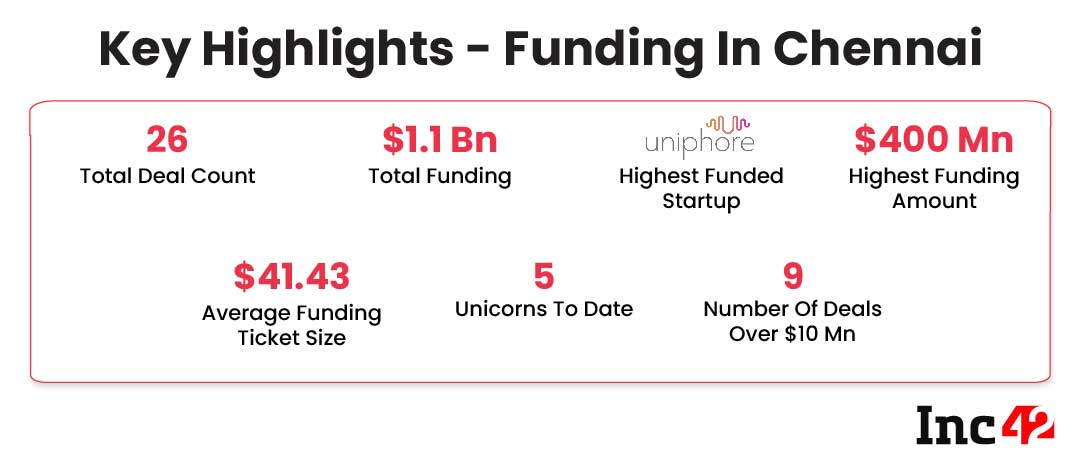
While Pune and Hyderabad surprised the startup ecosystem during the quarter, they will still need many more quarters to reach the top spot. While Chennai’s rise is slow and steady, its consistency can help the city rise to the top of the startup ecosystem in the country.
The next cities to watch out for, according to Inc42’s 2021 funding report, are Ahmedabad, Jaipur, Patna and Kolkata.
Startups are rapidly moving from India to Bharat, and that transition will make the $1 Tn digital economy a reality.































 Ad-lite browsing experience
Ad-lite browsing experience